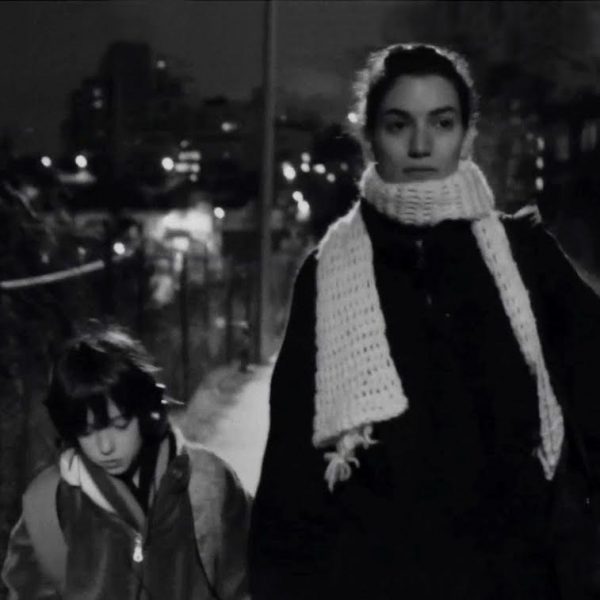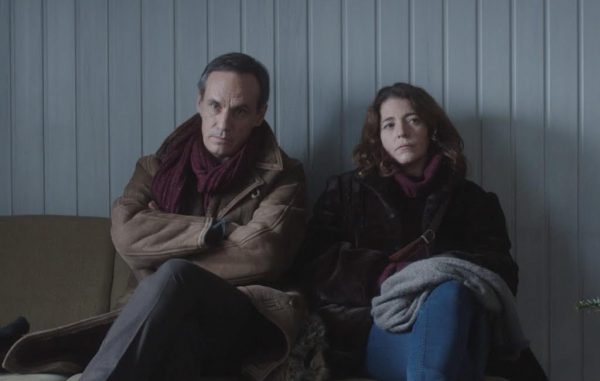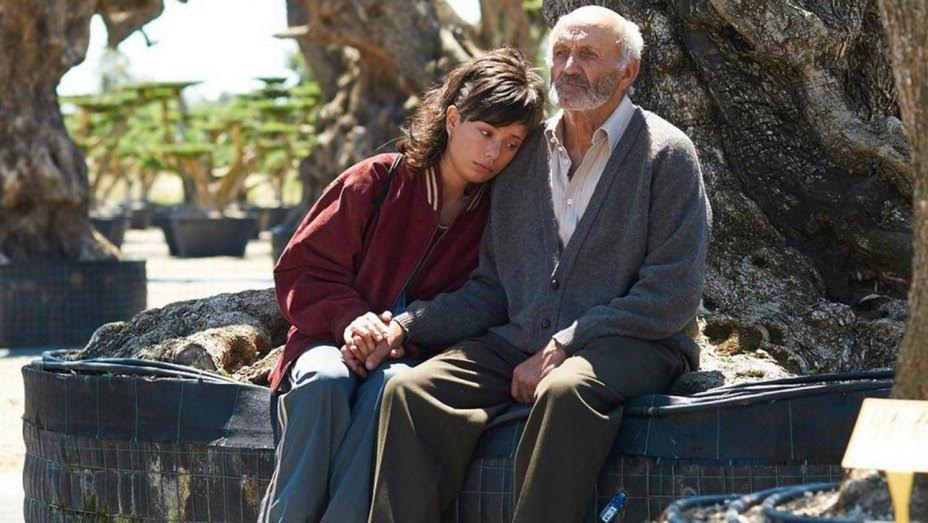If and when auteur critics and film scholars study the work of women directors, they typically look for ways in which women directors conform to or diverge from patterns found in the study of men directors. With the Western tradition of dividing human nature in dual but parallel streams, attributes traditionally associated with the masculine are valued, studied and articulated, while those associated with the feminine tend to be ignored.
In this ambience, the Kolkata International Film Festival has taken a significant step in introducing a competition for films by Women Directors from across the world. The golden trophy, known as the Royal Bengal Tiger Trophy is awarded to the Best Woman Director each year. This includes a cash prize of Rs 21 lakh. To add to this, is the Best Film Trophy and the prize of Rs 51 lakh, reportedly the highest award ever for women directors among all competitive festivals across the globe.
Interestingly, this year, the entire jury for this category was comprised of women headed by none other than Marion Hansel, noted filmmaker from Belgium who is also an actress, producer, director and screenwriter. Empowering her were Li Shaohong, Ibolya Fekete, Archana and Aleksandra Biernacka. Shaohong, a director and producer of films and television is considered to be a member of the Fifth Generation movement, and China’s top woman director. Her films have won multiple awards in China and abroad, Ibolya Fekete is a Hungarian-Russian filmmaker, screenwriter and professor who is perhaps the most academically brilliant woman filmmaker in Hungary. She is known for films like Chico (2001), Bolse Vita (1996) and Mom and Other Loonies In The Family (2015).
The festival drew 15 entries this year, which included a lone Indian entry directed by Mohua Chakraborty called Tanzil which did not make the grade. It is the story of a woman’s struggle through the ups and downs in life, which she tries to overcome with the inner strength she draws upon. The best film award went to the Iranian film Another Time directed by the very young and articulate mid-wife-turned-filmmaker Nahid Hasanzadeh. The film is a deeply moving essay on the misuse of the legal system and its impact on a young man who, when released from prison, comes home to find that his very young daughter has delivered a baby out of wedlock that is considered a crime in Iran. According to Hasanzadeh, “The theme of my film has a direct link, like the documentaries I have made to my profession as mid-wife and the everyday relationships I have with my female patients specially with those most at risk.”

Cheer Me Up shot entirely in Black-and-White with the camera vacillating between different degrees of lucidity and graininess is an eloquently subtle political statement on domestic violence within marriage. The film, directed by Mili Ben Hayl and Tamar Shippony, won the Special Mention Award in the Women Director’s competitive category this year. It covers a two-day span in the life of Hawa, a true victim of domestic violence with a husband who is obsessively in love with her and whose possessiveness destroys her life and freedom till she decides to walk out. The small son is the biggest victim as his childhood is snatched from him with his parents using him to ferret information about each other. Hawa was present at the festival and added to the discussions on the film.
Chinese filmmaker Yao Tingting received the Best Director award for her film Yesterday Once More. In her debut feature, the young director chooses to explore the erratic ways of today’s youngsters trapped between the pressures of academic achievement on the one hand and resorting to unfair means on the other. The pull of values negative and positive becomes the moot argument of the film and the very young acting cast stands out with extremely convincing performances. The film also subtly underscores how universal the flux in values in youth is in a globalized world.
There were other very unusual but excellent films that did not bag an award because the selection of films this year was truly worthy of merit. One example is The Olive Tree directed by Iciar Bollain of Spain which is a co-production Between germany and Spain. Using a 100-year-ancient olive tree as a catalyst, the film analyses the bonding shared between Alma, a young girl who runs a poultry farm and her grandfather who is struck by Alzheimers’ following the selling of the olive tree by his two sons for money. The film defies genres beautifully. It could be defined as a road movie with the journey providing for delightful moments of humour, a human document that binds two people across three generations within nostalgia for a tree, or just a family drama.

The Spain-Lithuania co-production Awating narrates the dynamic but sad story of cross-continental adoption riddled with a no-exit situation of corruption where adoptive babies are used as bait of extorting money from affluent, childless couples desperate to adopt a baby. The film employs a dynamic pace with the couple chasing the adoption agent, melting honey one minute and ruthlessly cruel the next, the corrupt doctor who tries to run away with a thousand dollars without certifying the degree of disability the potential adoptee suffers from, a ‘grandfather’ suddenly concocted at the last minute as the marriage threatens to fall apart. All this makes a startling film full of unpleasant surprises at every turn. The climax however, is a bit tame compared to the dramatic events that build up to it.
And finally, one of the two NETPAC awards went to the film Glory, a Bulgarian-Greek co-production directed jointly by Kristina Grozneva and Peter Valchanov. Through a simple railway road worker’s honest way of life, the film juxtaposes the deep nostalgia of this middle-aged man for a watch that is a family heirloom against the callousness of the bureaucratic powers-that-be that loses this watch only to push this very simple and honest man to extreme violence.
Header Picture: The Olive Tree



The Auteurs probably have small sample to study the mise-en-scene and the form given to the content. Buck-Up more talent is emerging. Good Review. Thanks and regards.
Thank you very much.